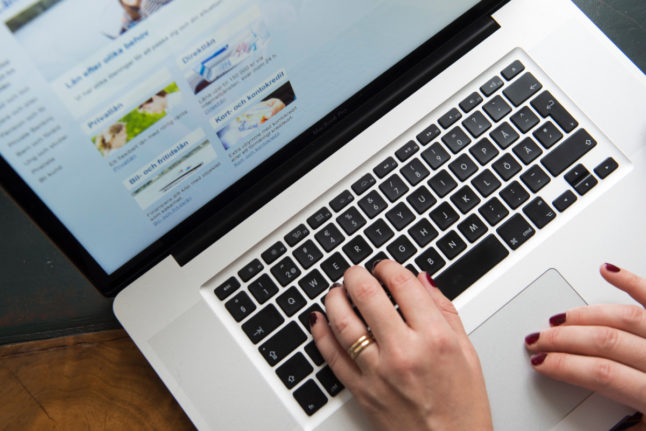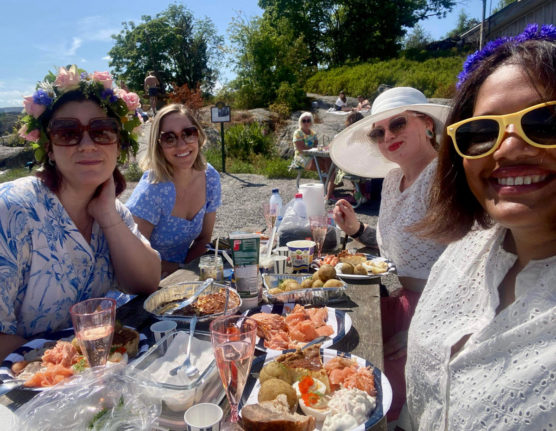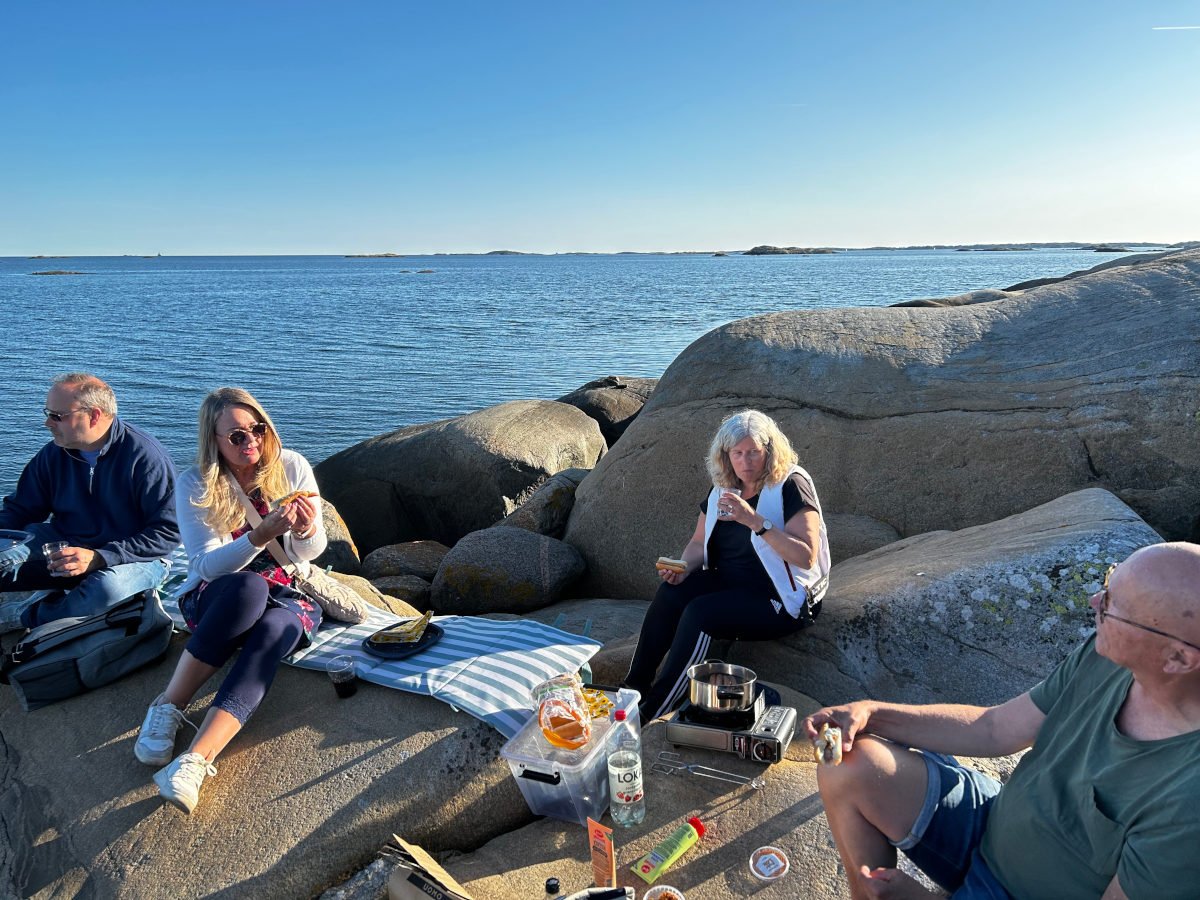Which bank offers the best option for foreigners in Sweden?
More than 180 readers responded to The Local’s non-scientific survey, and we got a wide range of replies.
No bank received a majority of votes, but Handelsbanken generally seemed to be the most popular (it was the preferred option by just over a fifth of readers), followed by Nordea, SEB and Swedbank – in other words some of Sweden’s main banks.
However, these banks got a relatively equal number of votes, and they were also frequently mentioned when readers were asked which banks they would recommend against using, so all in all, the survey didn’t produce a conclusive result.
We got the strong impression from reading all the responses that it may matter more which branch you use than the bank itself, as people’s experiences varied greatly even with the same company.
What makes a bank good for foreigners in Sweden?
It depends on what stage of the “moving to Sweden” process you’re at. If you’ve just arrived, you may be looking for a bank that’s happy to set up an account for you without a personnummer, the Swedish personal identity number which gives you access to a range of services.
If you’re buying an apartment, a bank that’s willing to give a mortgage to people without permanent residency or who don’t require a long Swedish credit history may be the best option for you.
If you’ve lived in Sweden for many years, those things may not matter as much any more and things like customer service, ease of online banking and interest rates may be more important.
Features that generally made readers like their bank included good customer service, convenient international money transfers, online services fully available in English and staff being willing to speak English to customers, cheap rates and, more than anything, being able to set up a bank account without having a Swedish personal identity number.
Conversely, many readers were put off by things such as invasive questions, perceived rudeness or discrimination due to not speaking Swedish, difficulties getting an account despite being eligible, long waiting times for an appointment, and a lack of any of the above services.
What are the need-to-know tips about banking in Sweden?
Although in theory you have the right to set up at least a debit account without a personnummer, it still tends to be the main stumbling block for newcomers. To spare yourself the hassle of negotiating with bank staff who may not be used to dealing with foreigners, several readers suggested waiting until you have one, if you can.
“Be prepared for a world of complications if you don’t have a personnummer yet. If you moved for work, ask your work HR person to help get you a coordination number, which can be used to open a bank account (even though sometimes the banks themselves are unfamiliar with this concept if they don’t work with many foreigners),” said Abigail, an American PhD student in Stockholm.
READ ALSO:
Lowering your expectations and starting with a basic account without requesting a credit card or a mortgage right away, may help you get a foot through the door.
“All banks in Sweden are in for business. Contact the bank’s helpline and fix an appointment and walk in. There’s a misconception about banks in Sweden that you cannot get a bank account if you don’t have a job. Banks are very cooperative with opening accounts. There could be arguments when getting credit cards or loans, but for daily transactions they’re very cooperative,” said an Indian reader, now a permanent resident, who set up his SEB account without a personnummer.
Many readers also said knowing your rights and being prepared before walking in helps – and if possible, try to get an appointment to meet someone face to face rather than calling or emailing.
“Have every possible piece of documentation before you enter the service branch and maybe a printout of your rights entitling you to a bank account. I’m a non-EU citizen, I think this record abundance was crucial to my quick success,” said a US citizen in Malmö who was able to get his account and BankID on the same day as walking into one of Nordea’s service branches.
“Always be extremely clear and direct about your intentions with the bank. If you’re failing to make progress over the phones or via email, drop in to a physical location. I’ve discovered employees at many smaller or more rural branches are much more willing to help if I’ve been ignored at their central downtown branches or can’t resolve issues over the phone,” said Theodore Squires, a PhD student who said Nordea was unwilling to set up an account before he had his personnummer, but on the other hand gave him a mortgage despite limited tax history and a complex salary set-up.
Don’t be afraid to shop around, and there’s always the option of changing banks further down the road – perhaps start with one that is liberal with offering accounts to foreigners without a personnummer and, once you’re in the system, change to one that better suits your long-term needs.
“Nordea was a disorganised mess while I awaited my personal number and ID. It introduced me to the low quality bar for customer service in general in Sverige. I switched to SEB after I got my ID and staff were much more willing to help me get started in the country,” said Jeremiah from the US.
Some readers recommended online-only neobanks such as Revolut, as good options for a first account, as it’s often easy to set up an account with them and transfer money internationally.
But bureaucratic nightmares and long waits for an appointment notwithstanding, many readers urged fellow newcomers to Sweden to play the long game if your plans are to stay in the country.
“I could never get a credit card until my first year’s tax return was complete. Advice, if possible try wait for a year before trying to get credit. If rejected it just brings your credit score down and no one tells you it’s because they cannot see your income until after your first tax return is complete,” said Clifford, an IT consultant from South Africa.
“Be patient and endure. Like with many other aspects of life in Sweden,” said Dusan, a university lecturer.





 Please whitelist us to continue reading.
Please whitelist us to continue reading.
Member comments